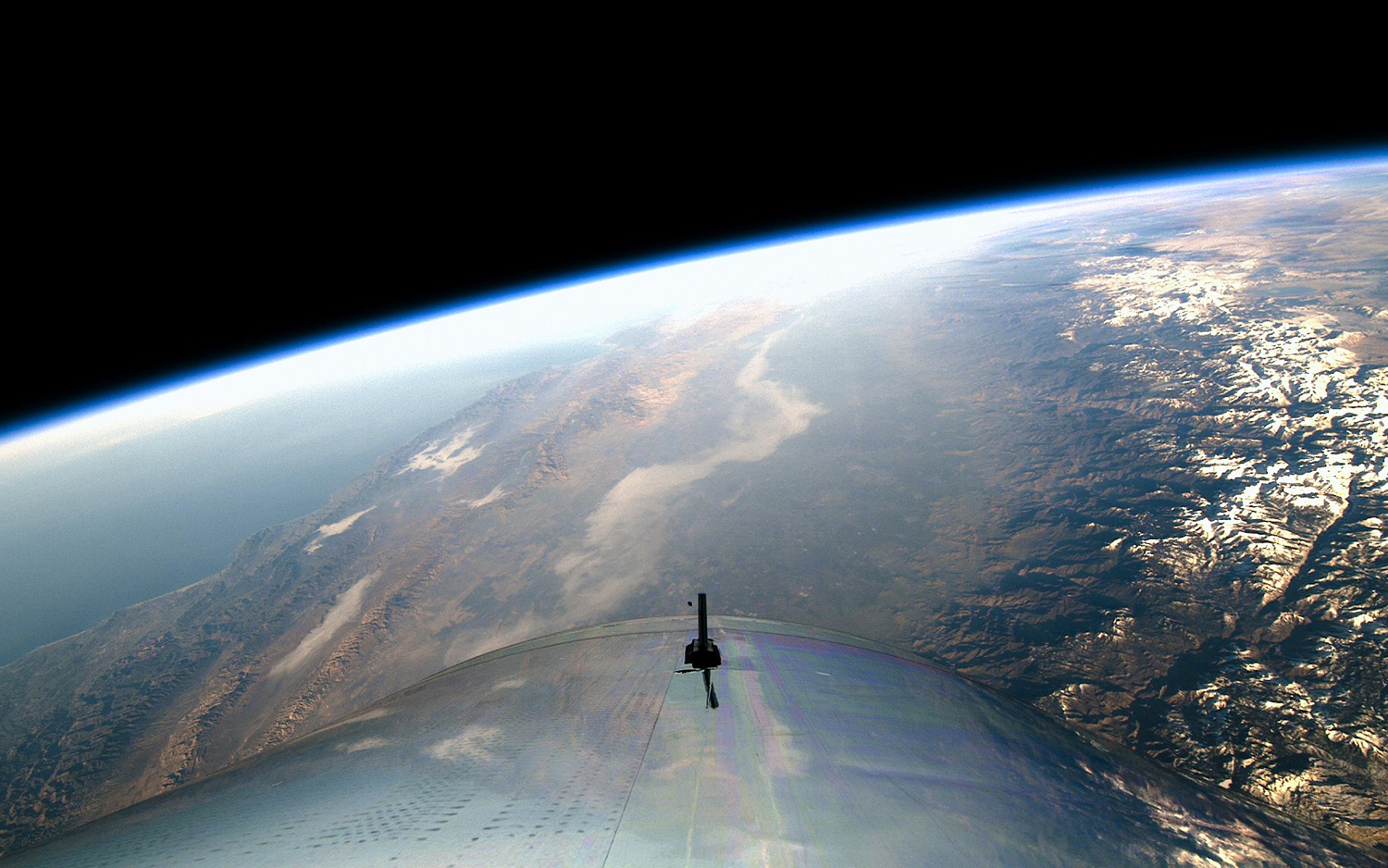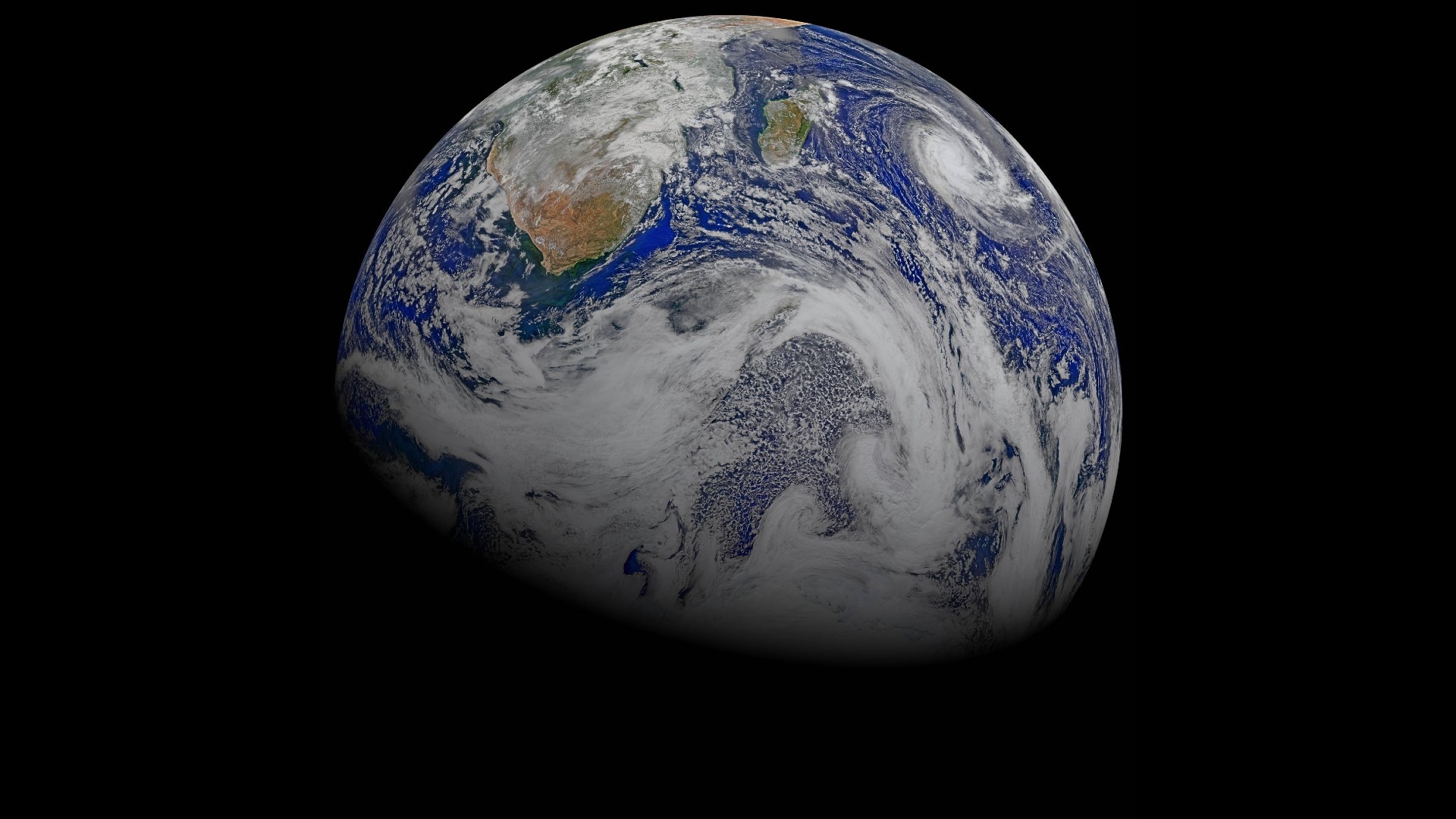NASA wants to send astronauts on private suborbital spaceflights

NASA's chief says he wants to step up flight opportunities for astronauts.
In a tweet Friday (June 19), NASA Administrator Jim Bridenstine said his space agency plans to drop a request for information (RFI) next week to fly astronauts on commercial suborbital spacecraft.
"Whether it's suborbital, orbital, or deep space, NASA will utilize our nation's innovative commercial capabilities," Bridenstine said in the tweet. No flight dates have been announced yet.
Related: What's the difference between orbital and suborbital spaceflight?
BREAKING: @NASA is developing the process to fly astronauts on commercial suborbital spacecraft. Whether it’s suborbital, orbital, or deep space, NASA will utilize our nation’s innovative commercial capabilities. RFI will be released next week. pic.twitter.com/MOvRMywZAKJune 19, 2020
RFIs are competitive processes for NASA to make an informed choice between proposals from private companies based on qualifications it defines for participants. There are some likely leading contenders for the opportunity.
Blue Origin is one of them, and the company has already publicly expressed interest in taking part. "Fantastic news and we applaud your leadership @JimBridenstine for continuing to bolster public-private partnerships in space," Blue Origin tweeted Friday. "We're looking forward to the opportunity to expand New Shepard's human space flight offering to @NASA astronauts."
Blue Origin is developing a New Shepard spacecraft-rocket combo designed to send astronauts into suborbital space. New Shepard is already making uncrewed scientific commercial flights into space — most recently in December, with NASA as one of the customers. In April 2020, a Blue Origin led-team was one of three entities selected to build human-rated moon landers for the Artemis program.
Breaking space news, the latest updates on rocket launches, skywatching events and more!
Virgin Galactic is another likely company lining up for the opportunity, although the company has not made any public announcements yet. In December 2018 and February 2019, the VSS Unity SpaceShipTwo spacecraft made two successful test runs past an altitude of 50 miles (80 kilometers), which the Federal Aviation Administration defines as the boundary of space. (This is not quite as high as the internationally accepted Karman line, with an altitude of 62 miles or 100 km).
Another possible applicant is Sierra Nevada's Dream Chaser, a reusable plane-like orbital spacecraft; Sierra Nevada also made no announcement on Twitter about Bridenstine's offer. Dream Chaser received early-stage commercial crew development money from NASA, but did not qualify for the final opportunity to fly astronauts.
In August 2019, Sierra Nevada said it is still developing two variants of the vehicle — one for cargo, and one for astronauts — for future customers. The cargo variant will be used for NASA supply runs to the International Space Station starting around 2021.
Bridenstine's announcement comes three weeks after NASA and SpaceX successfully flew astronauts into space. NASA astronauts Bob Behnken and Doug Hurley piloted SpaceX's commercial crew vehicle, Crew Dragon, as part of the Demo-2 flight to the International Space Station.
Boeing is developing a Starliner spacecraft expected to make similar flights in the near future. In 2014, Boeing and SpaceX received final-stage development contracts from NASA to make their commercial crew spacecraft a reality.
- NASA astronauts may train on private suborbital spaceships
- Virgin Galactic gearing up to start selling suborbital spaceflight tickets again
- Blue Origin's sweet spot: an untapped suborbital market for private spaceflight
Follow Elizabeth Howell on Twitter @howellspace. Follow us on Twitter @Spacedotcom and on Facebook.
OFFER: Save 45% on 'All About Space' 'How it Works' and 'All About History'!
For a limited time, you can take out a digital subscription to any of our best-selling science magazines for just $2.38 per month, or 45% off the standard price for the first three months.

Elizabeth Howell (she/her), Ph.D., was a staff writer in the spaceflight channel between 2022 and 2024 specializing in Canadian space news. She was contributing writer for Space.com for 10 years from 2012 to 2024. Elizabeth's reporting includes multiple exclusives with the White House, leading world coverage about a lost-and-found space tomato on the International Space Station, witnessing five human spaceflight launches on two continents, flying parabolic, working inside a spacesuit, and participating in a simulated Mars mission. Her latest book, "Why Am I Taller?" (ECW Press, 2022) is co-written with astronaut Dave Williams.

